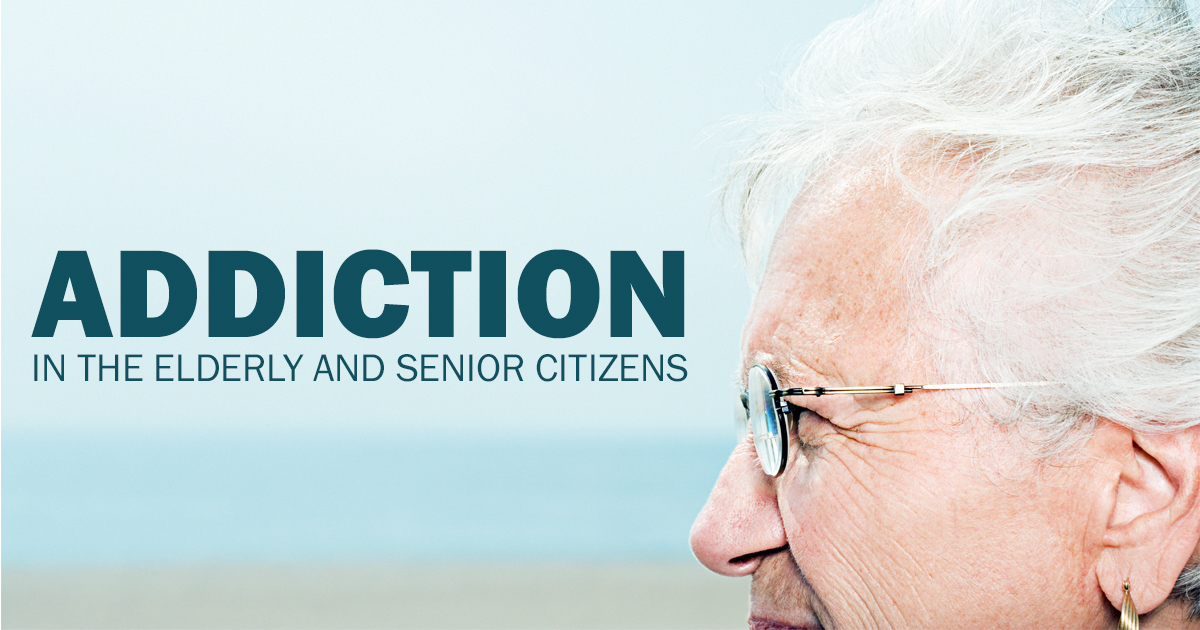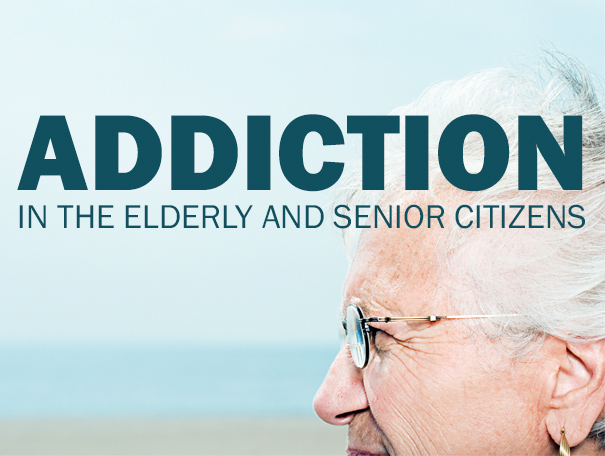 Problems with addiction can affect people of all ages. Unfortunately, senior citizens face an increased risk of complications and mortality as the result of substance abuse. Learning more about elderly substance abuse can help those senior citizens affected find help, hope, and a better quality of life during the late stages of life.
Problems with addiction can affect people of all ages. Unfortunately, senior citizens face an increased risk of complications and mortality as the result of substance abuse. Learning more about elderly substance abuse can help those senior citizens affected find help, hope, and a better quality of life during the late stages of life.
According to the National Council on Alcoholism and Drug Dependence, Inc., 2.5 million seniors have a problem with drugs or alcohol. Almost half of all nursing home residents have alcohol abuse problems, and physicians hand out around 17 million prescriptions for potentially addictive sedatives and painkillers. Benzodiazepines top the list for prescription substance abuse across all ages.
Why Senior Citizens Abuse Substances
Senior citizens who abused substances at an earlier age may continue to engage in self-abusive behaviors later in life. These individuals are long-term drug abusers who now fall into the category of elder substance abusers.
Like substance abuse in younger people and adults, late-onset elderly substance abuse begins with unhappiness, loneliness, boredom, or a desire to change. Instead of seeking support and help from others, many seniors turn to alcohol or prescription drugs.
Some senior citizens may develop a substance abuse problem unintentionally. They may forget when they took their last pills or accidentally take the wrong dose. Physicians can also prescribe potentially addictive pain relief substances without asking about or being told about other prescriptions. Seniors may avoid telling physicians about one prescription or another, and within a period of months, they experience the signs of addiction.
The Importance Of Substance Abuse Recovery In Elderly Individuals
Addiction is unhealthy at any age, but it presents particular risks for elders. Senior citizens don’t have the same metabolisms as younger people, and their brains may react more easily to certain substances and to lower dosages.
Over time, physicians may diagnose side effects as other health complications, including diabetes and depression. An addicted person’s health will continue to decline due to overmedication and a failure to address the root cause. Without treatment, addicted seniors can face an increased risk for heart attacks, stroke, fractures, and other potentially serious health conditions. At any age, substance abuse contributes to an increased risk of death.
With substance abuse help, seniors can take steps to overcome withdrawal and regain a previous quality of life. Those who recover may experience improved energy levels, better mood stability, and more meaningful connections with loved ones.
Signs Of Addiction In The Elderly
Loved ones often play an important role in substance abuse identification and recovery. Family members and close friends can watch out for the following symptoms as red flags of a potentially harmful situation:
- Memory problems not associated with a diagnosed medical condition
- Unexplained bruises or broken bones
- Complaints of chronic pain
- A desire to spend an inordinate amount of time alone
- Failing to maintain basic hygiene
- Loss of interest in life or relationships
- Loss of interest in activities that once brought an elderly person joy
- Overeating or not eating enough
Many of these symptoms are also warning signs for other medical conditions or even elder abuse, making substance abuse somewhat difficult to spot. Someone close to an elderly individual who understands the person’s lifestyle, habits, preexisting health conditions, and medication regimen may have a better opportunity to recognize potential warning signs of substance abuse.
What To Do If You Suspect Substance Abuse
If you notice any symptoms of substance abuse, consider checking prescriptions for appropriate dosing. For alcohol abuse, you may find evidence of consumption in hidden areas around the home or in the trash. Take the time to discuss a possible problem with alcohol or prescription medications.
Avoid using an accusatory tone or language. Instead, you can offer to help. Seniors who abuse substances will likely need help from a qualified recovery support center. Talk with possible recovery programs about the intervention and recovery process. Elderly individuals often need specialized care to detox and recover from substance abuse without experiencing serious health complications.
Awareness can improve response to substance abuse in seniors. Instead of ignoring the situation, family members and loved ones must take an active role in understanding, preventing, and addressing elder substance abuse.

